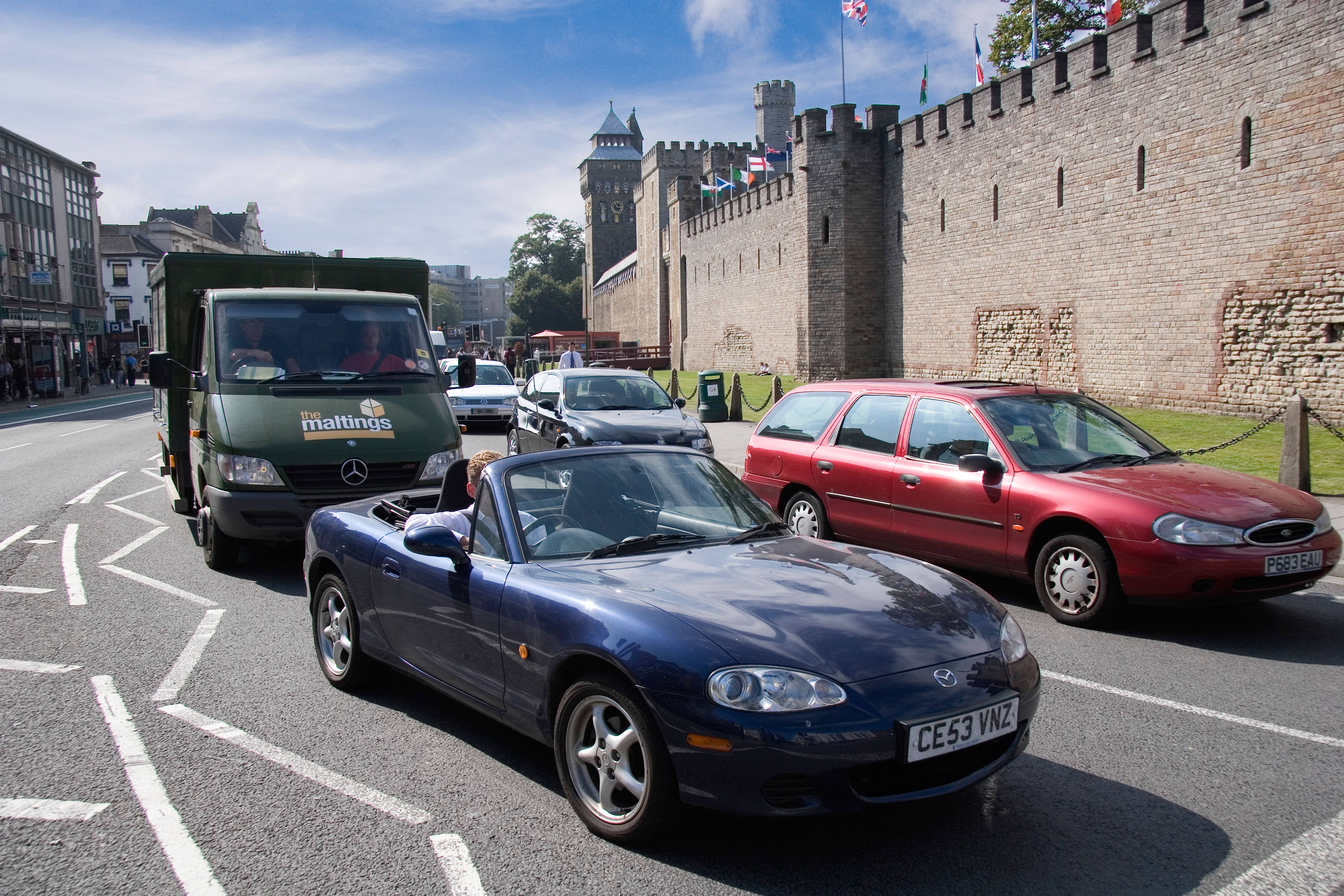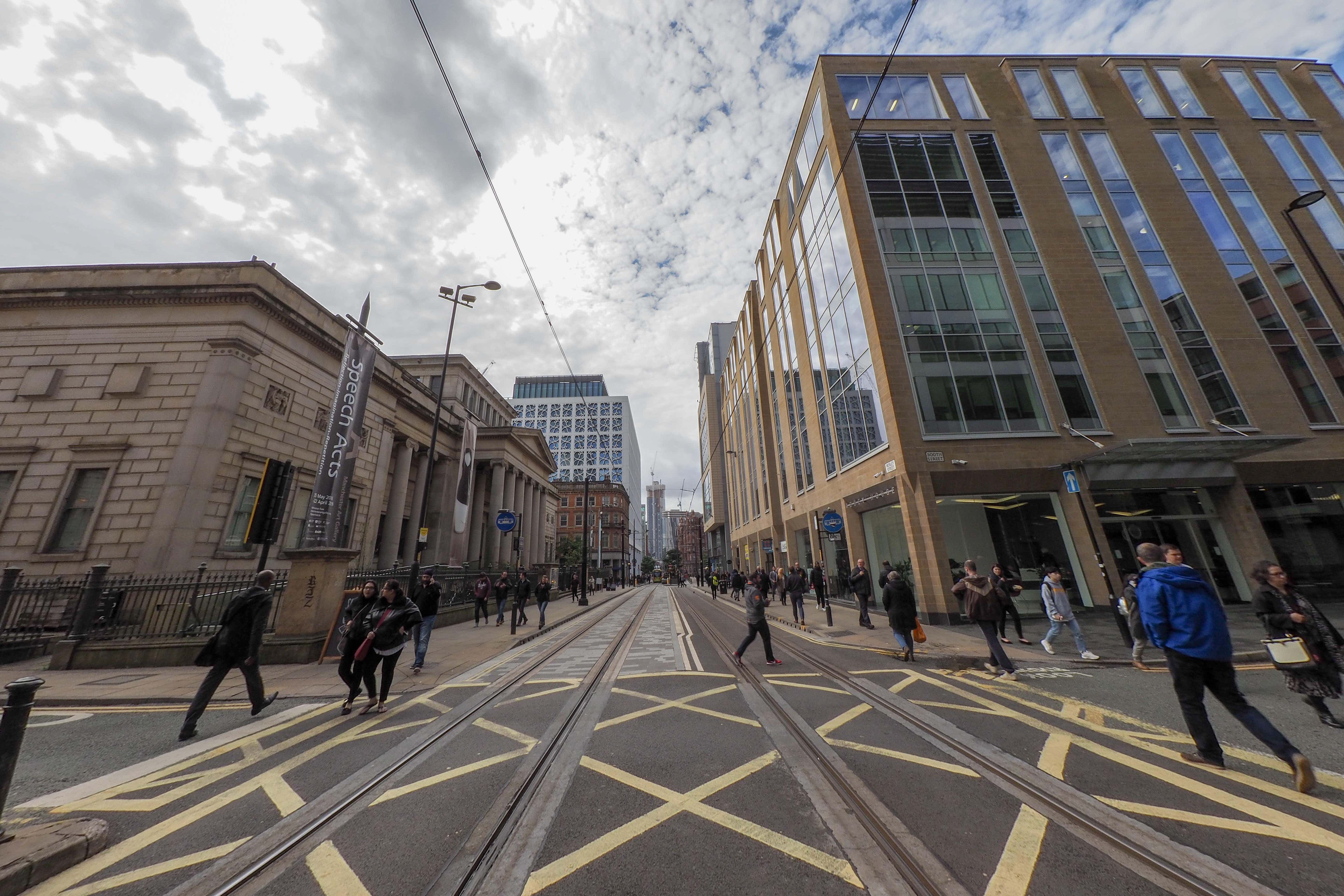Warning on ‘enormously high number’ of fines issued to drivers over yellow box rule
Drivers are prohibited from entering these marked areas unless their exit is clear, or they are waiting to turn right

Motorists across England were hit with nearly £1 million in fines from just 36 yellow box junctions last year, following the introduction of new enforcement powers for councils.
The staggering sum, revealed by the RAC through Freedom of Information requests, has prompted the motoring organisation to warn that the "enormously high number" of penalty charge notices (PCNs) should "send alarm bells ringing in council offices".
Yellow box junctions are designed to keep traffic flowing smoothly through busy intersections.
Drivers are prohibited from entering these marked areas unless their exit is clear, or they are waiting to turn right.
Historically, only London and Cardiff councils held the authority to fine drivers for yellow box offences.
However, new legislation introduced by the government in May 2022 expanded these powers, allowing all councils across England to apply for enforcement capabilities.
The data specifically highlights the impact of these new powers, detailing fines issued from 36 junctions outside the capital and Cardiff.

This led to a total of 32,748 PCNs issued, with drivers paying £998,640.
PCNs are generally £70, reduced to £35 if paid within 21 days.
The RAC analysis found Manchester City Council issued the most PCNs, with 13,130 in relation to six junctions.
This brought in £446,706 which was nearly half of all yellow box-related revenue outside London and Cardiff.
Kent’s Medway Council raised the second highest amount at £145,162 after handing out 4,433 PCNs for the five yellow boxes it enforced.
It was followed by Buckinghamshire Council, which received £139,798 for 3,618 fines.
But the single junction that generated the largest revenue was at Dennis Roundabout in Guildford, Surrey, which cost drivers £81,445 as 4,250 PCNs were issued.
At the other end of the scale, Gloucestershire County Council issued just 30 yellow box PCNs, raising £945, while Leeds City Council handed out 50 fines, resulting in £605 being paid.

Only a fraction of yellow box fines are appealed by drivers, but the proportion of attempts that are successful can be as high as 87 per cent in the case of Medway Council.
RAC senior policy officer Rod Dennis said a yellow box which generates a small number of fines indicates it is “working as it should”, which must be the ambition for councils rather than using them as a “revenue-raising opportunity”.
He went on: “Very few people set out to deliberately flout the rules and get fined.
“The large number of penalties being dished out over a small number of locations and in a short space of time should send alarm bells ringing in council offices.
“It’s vital box junctions are used in the correct places and are only as big as absolutely necessary.
“They must be fairly set up so that drivers don’t find themselves stranded through no fault of their own.”
Chartered engineer Sam Wright was commissioned by the RAC to analyse the 100 boxes across London and Cardiff which were responsible for generating the most fines in 2019.
A report published last year showed he found 98 were larger than necessary for their role in preventing queuing vehicles blocking the path of crossing traffic.
The average box was 50 per cent bigger than needed, according to the research.
Alex Paterson, Medway Council’s portfolio holder for community safety, highways and enforcement, said its enforcement of yellow boxes is “not about catching people out”, adding that road markings were updated so “nobody could reasonably claim not to have seen them”.
Buckinghamshire Council deputy leader Thomas Broom said the area suffers from “a lot of congestion” and the amount of yellow box fines issued “directly relates to the number of people who commit these traffic offences”.
A spokesperson for the Local Government Association said: “All councils follow guidance to ensure motorists are treated fairly.
“There are processes for appeal if anyone believes they have been unfairly fined.”
Manchester City Council was approached for a comment.

 BigThink
BigThink 












.png?trim=0,0,0,0&width=1200&height=800&crop=1200:800)
















